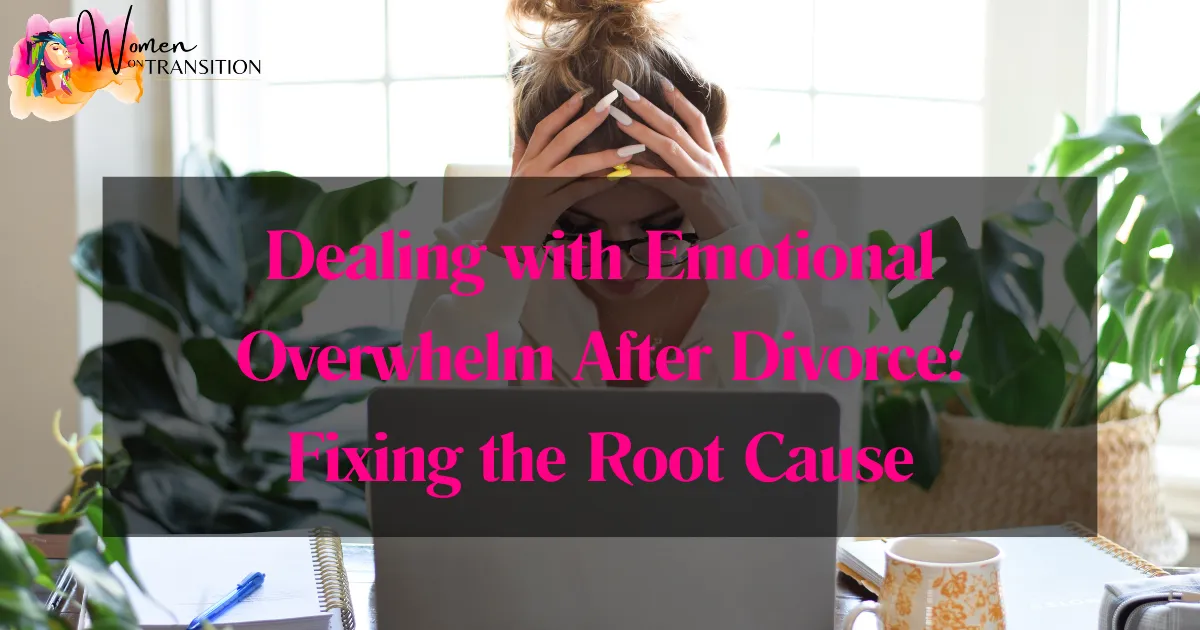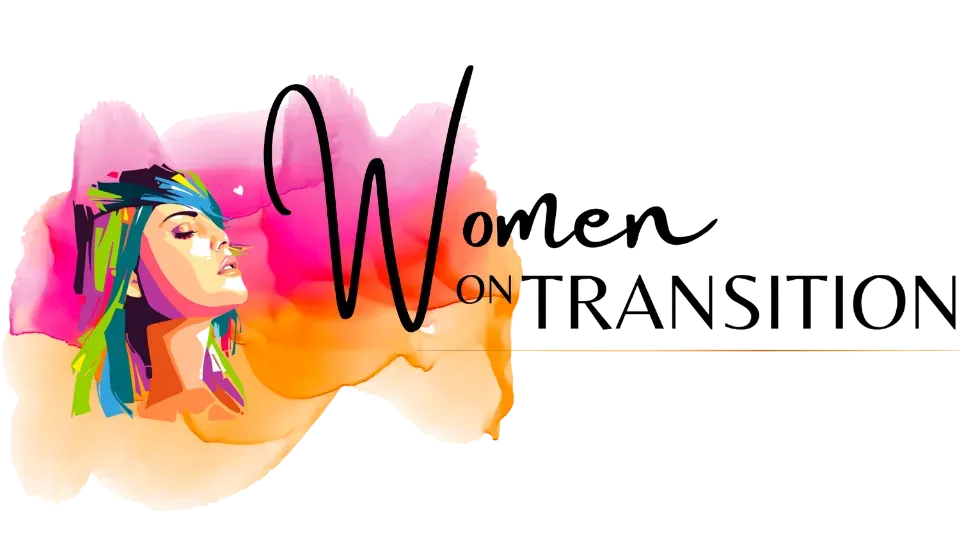Fiona & Sandra's Wise Woman's Blog...

Dealing with Emotional Overwhelm After Divorce: Fixing the Root Cause
"Dealing with Emotional Overwhelm After Divorce: Fixing the Root Cause"
The whirlwind of emotions that follow a divorce—grief, guilt, anger—can leave you feeling out of control. But these feelings aren’t random; they’re deeply connected to your past and the way you’ve been conditioned to respond to stress.
The Root of Emotional Overwhelm
When you experience emotional overwhelm, your subconscious mind is running old programs:
Fight, Flight, or Freeze Response: Your brain perceives divorce as a threat, triggering survival instincts that may result in anger, avoidance, or paralysis.
Unresolved Trauma: If you were taught to suppress emotions as a child, those emotions are now surfacing, demanding to be addressed.
Breaking the Cycle of Overwhelm
The key to managing emotional overwhelm is reprogramming your nervous system:
Name the Emotion: When you feel a wave of emotion, name it. For example, “I’m feeling angry.” This helps your brain process it as less of a threat.
Pause and Reflect: Ask yourself, “What triggered this emotion? What does it remind me of?” This connects your reaction to its root cause.
Regulate Your Nervous System: Practice deep breathing or grounding techniques to calm your body and signal to your brain that you’re safe.
Creating Long-Term Emotional Resilience
To truly heal, you need to develop emotional intelligence:
Understand Your Triggers: Work with a divorce recovery coach to map out your emotional triggers and their origins.
Learn to Respond, Not React: Develop tools to pause, reflect, and choose a response that aligns with your values.
Reframe Emotional Pain: View emotions as messages rather than enemies. Anger, for instance, may be signalling that your boundaries were crossed.
💡 Your Next Step: Emotional mastery starts with understanding your inner world. Learn more, book a free call, or join our 3-Day Reset Your Life and Shine After Divorce event to gain these transformative tools: https://bit.ly/m/Women-On-Transition.


